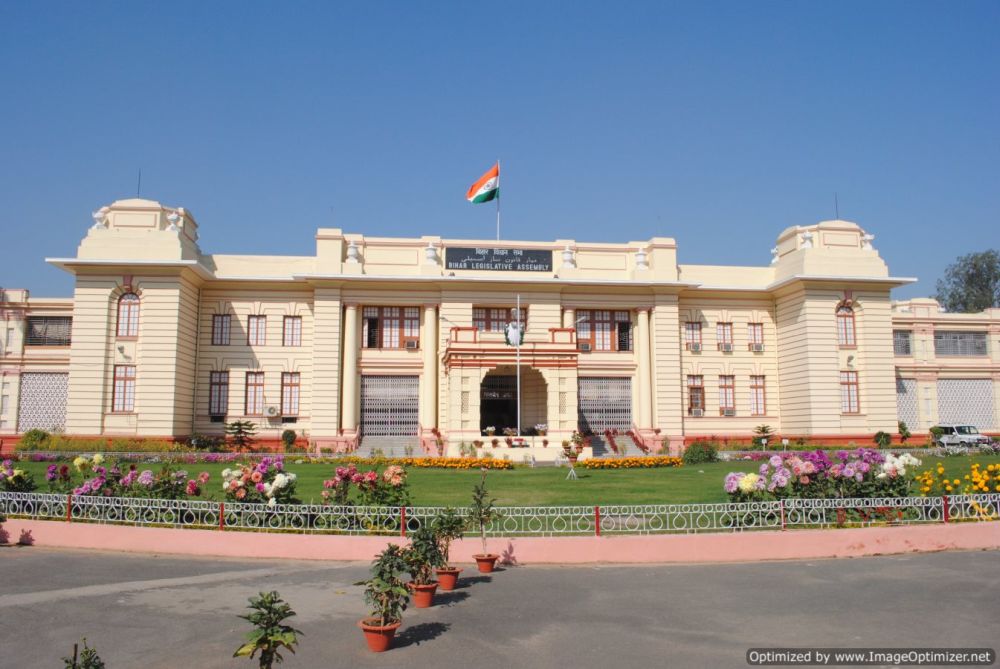

How many have noticed this? The Bihari electorate has overwhelmingly chosen a remarkable cohort of scientists, former civil servants, and top professionals to represent them in the Assembly.
The 2025 Bihar Assembly is set to be one of the most qualified MLAs in Indian history. Here are some of the standout, highly educated legislators elected by the people:
Dr. Manjarik Mrinal (Warisnagar): A PhD in Medical Engineering from the University of Texas and a former scientist at the prestigious Indian Institute of Science (IISc), Dr. Mrinal brings top-tier scientific expertise to the house.

Ruhail Ranjan (Islampur): A technocrat with a global outlook, Ranjan holds a Master of Business Administration from San Jose State University, California, and a Bachelor of Engineering in Computer Science from B.I.T. Mesra. His blend of technical knowledge and business acumen from Silicon Valley's backyard signals a strong vote for economic and technological innovation in Bihar.
Shubhanand Mukesh (Kahalgaon, Bhagalpur): With over 24 years of corporate experience at Tata Steel, Mukesh is a seasoned professional. His education spans BIT Mesra, the University of Cambridge, XLRI Jamshedpur, and XIM Bhubaneswar.
Madhaw Anand (Madhubani): Before entering politics, Anand was the CEO of Melpapp, equipping him with significant experience in business management and economic strategy.
Atirek Kumar (Kusheshwar Sthan): Adding to the international academic firepower, Kumar is both a Stanford graduate and an alumnus of the University of Texas.

Anand Mishra (Buxar): An IIT graduate and a former IPS officer, Mishra’s profile combines technical education with hands-on administrative and law enforcement experience.
Rahul Kumar Singh (Dumraon): Perhaps one of the most symbolic victories, Singh is a celebrated UPSC topper, representing academic excellence in India's competitive landscape.
Political analysts suggest that this clear preference for highly qualified candidates reflects a deep-seated public desire for improved governance, economic development and evidence-based policy-making.
Source: WhatsApp